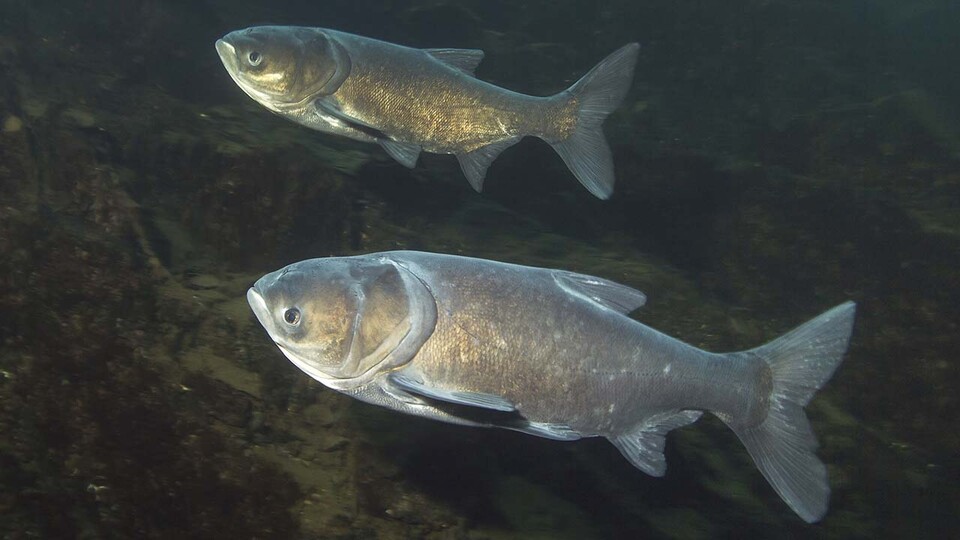· 2 min read
Assessment of post-flood water quality, fish populations funded by Nebraska Environmental Trust

A University of Nebraska–Lincoln project focused on using environmental DNA to help improve water quality and survey fish populations after extensive flooding has received a $75,000 grant from the Nebraska Environmental Trust.
Mark Pegg, professor in the School of Natural Resources, leads the project.
The long-term implications to water quality and habitat availability in rivers following extreme flood conditions are not well understood. Particularly unknown are the threats to human and animal health due to changes in microbial communities, pathogens and the extent to which invasive species expand into new systems.
Nebraska researchers aim to better understand the relationship between physical and chemical aspects of water quality and the corresponding biological response across the state following extensive flooding in 2019. Specifically, UNL has partnered with the Nebraska Department of Environment and Energy and the Nebraska Game and Parks Commission to assess the microbial community and pathogen load as well as assess the current extent of bighead and silver carp, and zebra/quagga mussels across Nebraska.
Researchers will use water samples collected from NDEE’s monthly, statewide sampling regimen at 101 sites to gather information on the microbial community and invasive species through a technique that relies on cells and/or DNA found in the water column. This project will provide one of the country’s first statewide assessments of both the microbial community and invasive species. Similarly, this project will shed light on the critical role that microbes and invasive species play in maintaining good water quality.
This is the first year of the award, with potential second-year funding of another $75,000.
The project is one of 118 receiving a total of $20 million in grant awards from NET this year. Of these, 73 were new applications and 45 are carry-over projects.
The Nebraska Legislature created NET in 1992. Using revenue from the Nebraska Lottery, the trust has provided more than $328 million in grants to more than 2,300 projects across the state. Anyone – citizens, organizations, communities, farmers and businesses – can apply for funding to protect habitat, improve water quality and establish recycling programs in Nebraska. NET works to preserve, protect and restore the state’s natural resources for future generations.







